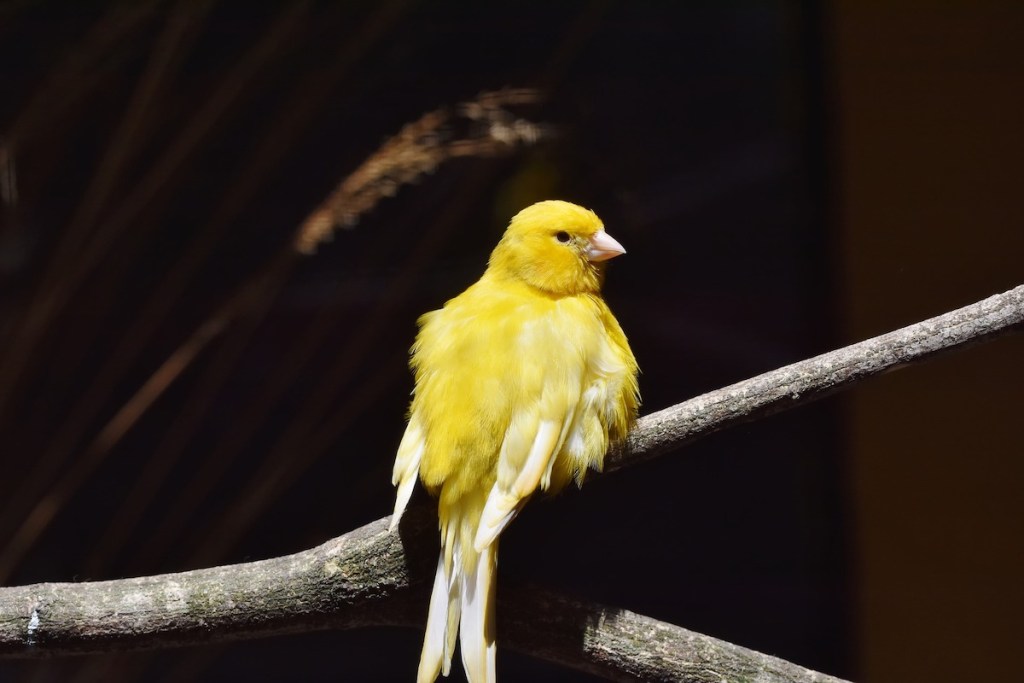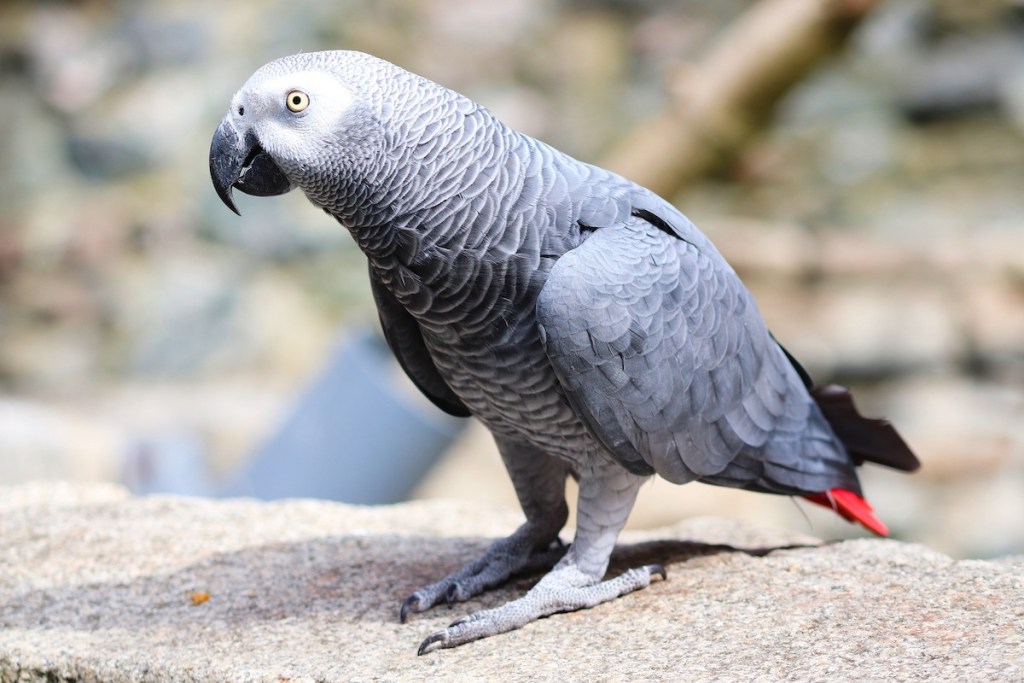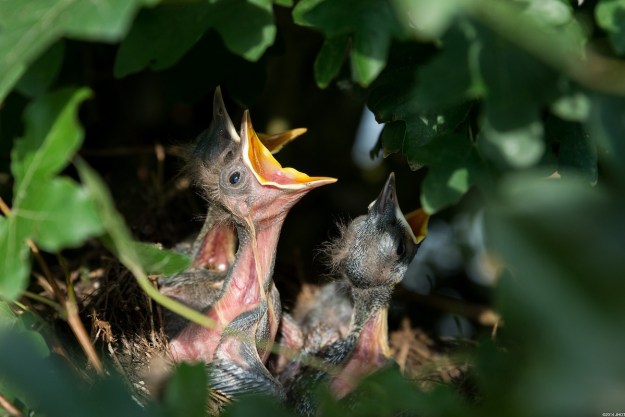When you bring home a pet bird, you’re signing up for a long commitment. In fact, it’s not unheard of for some species to wind up in their owner’s will since they can more than outlive their humans. Aside from the old and wise tortoise, birds stay with us longer than any other common pet. That means thinking very carefully before bringing home an animal known for its longevity. Not all birds will rival the Queen of England, though, especially some of the smaller breeds who have much shorter life spans. So, how long do pet birds live? It depends but probably longer than you would think.
How many years do wild birds live?
Birds are a whole class of animals and therefore have a huge variance in life expectancy. Some of the songbirds you see in the yard might only make it to 2 years old in the wild — the chickadee for instance has a quite short life on average. In addition to parrots (we’ll get to those later), flamingos and albatrosses have extreme longevity and can make it more than 50 years. You probably don’t see a lot of those flying around your home, though. When you look outside your window, those beautiful creatures are probably making it to around 8 to 10 years. It ranges a lot by species and habitat, since birds are impacted by predators such as house cats and humans who can drastically reduce life spans for whole neighborhoods.

What bird has the shortest life span?
Let’s take those environmental factors mostly out of the equation and look at just your pet birds. Generally speaking, smaller bird equals shorter life. Finches (including canaries) will be with you the shortest time, around 10 to 12 years, so these are pretty close to a dog or big cat. One important point here, though: finches come in flocks. If you get a few and keep adding over the years, you could have birds for decades. Also, the more individuals you have, the more likely you’ll get an outlier eventually and wind up with a bird old enough to drink (don’t give him any, though).
The other short-lived bird you need to know is the budgie. Even though this is a type of parrot, they don’t look or act like the macaws we think of. This little bird will last about the same as their finch cousins as long as they’re well cared for. You should have your sweet parakeet for 10 years or more — make sure he’s getting exercise as that makes a huge difference for captive birds.
Can birds live 50 years?
Yes! Lots of macaws make it to half a century, which is why it’s so important to plan far ahead when you bring one home. These birds come in many sizes and colors and often make great pets when they have a lot of space in the house and time to spend with you during the day (think of them along the lines of a needy dog). Unlike their four-legged counterparts, your scarlet macaw or African gray will reach 30 to 40 years at a minimum, with many individuals surpassing 50.

What bird can live 100 years?
Reports abound of various brightly colored pets hitting or even surpassing the 100-year mark. Of course, this is tricky to prove, and many claims have gone unsubstantiated. This becomes even more difficult to track when pets outlive their owners, which is why the record holders are mostly from zoos. We have confirmed avians rocking on into their 80s, and it’s likely that many have made it longer. Whether a bird has ever truly reached 100, we can’t say for sure (but do try it and let us know).
Bringing home a pretty bird means you both have a friend for life. Not ready for that much commitment? Look into adopting a fully grown pet, one that still has many years of life left. Many of these birds are available from local rescues or even pet adoption agencies — check there first on your journey. Birds don’t age the same way we do, so you won’t see him slowing down like you would with an older dog or cat. Instead, you’ll have years of vibrancy from him, and he’ll get years of love and affection from you.
Editors' Recommendations
- What causes high pH in an aquarium? We’ll walk you through getting your tank levels in check
- Best reptile pets: These are the 5 most affectionate reptiles you can welcome into your home
- 3 reasons not to give pet rabbits, baby chicks, or ducks this Easter
- Funny birds video: Check out these parrots playing peekaboo
- Why do birds lose their feathers? Here’s when to worry




